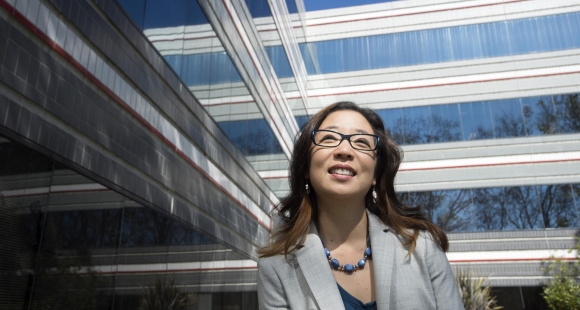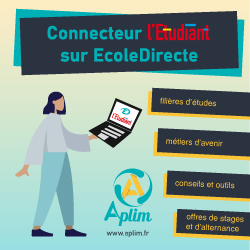
Why do you see the digital revolution in American higher education as disruptive?
Like any other field, education has always had to adapt to new innovations. In order to stay competitive, colleges and universities have had to invest in their curricula, research, facilities and services. As a result, tuition and costs have risen to unsustainable levels.
Disruptive innovation is turning the American higher education model on its head right now. Academic accessibility, tuition, quality and grading are all undergoing a massive transformation. Content is changing too, with the rise of online modules and professional competency coursework.
Will the concept of a college education change?
Alternatives to the traditional full-time, on-campus, four-year degree program have been growing. Fewer and fewer students can afford that option. What's more, 42% of college and university students in 2020 will be over the age of 25. More and more young people want their education to be flexible, inexpensive and oriented toward job opportunities.
The students of tomorrow will work during their studies and will need to constantly learn new skills to keep up with the job market. Everyone will design his or her own curriculum and pair it with paid work, internships, opportunities abroad, certificates and mini degrees obtained either online or from specialized providers. Life-long learning will become the new norm.
Are MOOCs going to play a big role in the education of the future?
Only certain MOOCs will survive because their economic model is not sustainable over the long term. Also, most MOOCs serve students who already have a high level of education. In the end, they don't attract new students to the schools that offer them. However, they have raised the status of online education and that is not going anywhere. Flipped classrooms and other alternative models that leverage online learning are the way of the future.






